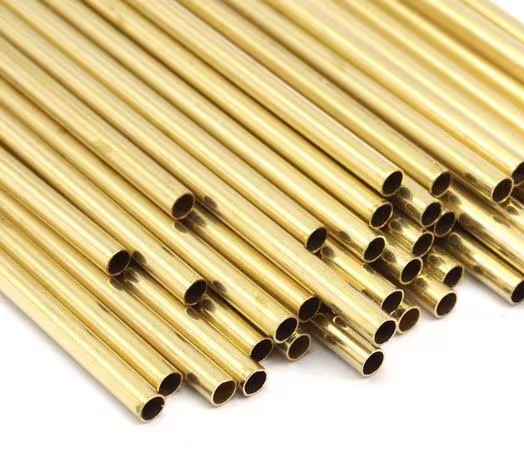| Industry | Application |
|---|---|
| Plumbing | Pipes for water, gas, and HVAC systems |
| Automotive | Fuel lines, brake lines, and cooling systems |
| Electrical | Electrical conduits and wiring insulation |
| Marine | Propeller shafts, marine hardware, seawater systems |
| Construction | Handrails, decorative finishes, and structural components |
| Heat Exchangers | Tubes for heat transfer systems |
| Musical Instruments | Brass wind instrument tubes like trumpets and saxophones |

Brass pipes and brass tubes are hollow cylindrical products made from a copper-zinc alloy. They are known for their high corrosion resistance, strength, and malleability, making them ideal for a wide range of applications, from plumbing to marine equipment.